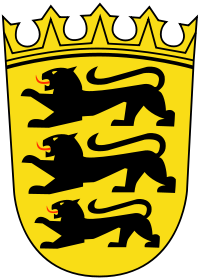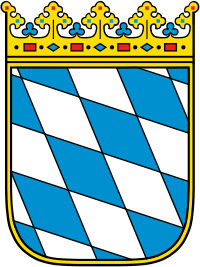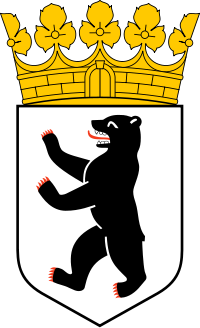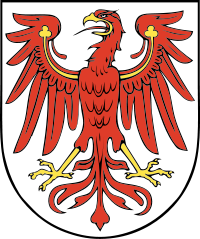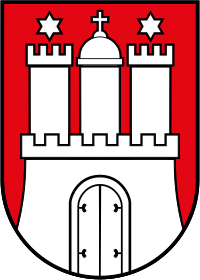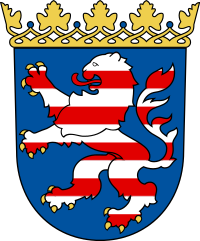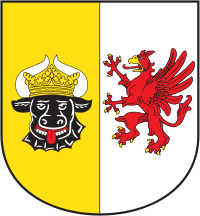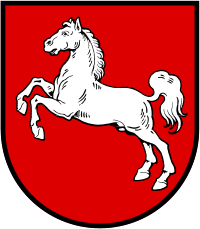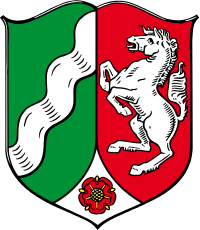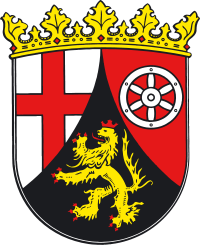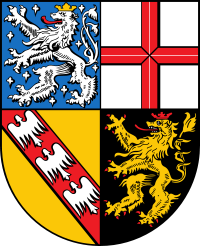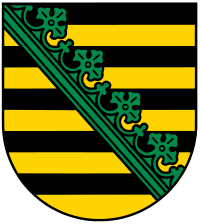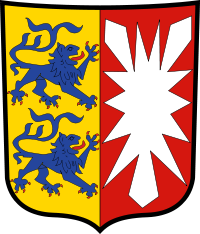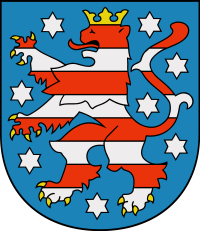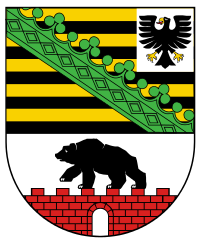Die nachfolgenden Inhalte stammen aus dem Operationellen Programm "URBACT III" (genehmigt am: 12.12.2014).
Kurzbeschreibung
The action supports implementation and transfer networks for sustainable urban policy and the related measures undertaken within these networks.
Förderziel
The programme will support the design of integrated strategies and action plans for sustainable urban development in European cities building on participatory approaches.
Fördergegenstände
Bildung, Qualifizierung, Information, Kommunikation, Beteiligung, Monitoring, Evaluierung, Umsetzung integrierter, territorialer Ansätze, Vernetzung, Kooperation, Wissenstransfer
Zuwendungsempfänger
- Cities, municipalities, towns.
- Intramunicipal tiers of government such as city districts and boroughs in cases where they are represented by a politico-administrative institution having competences for policy-making and implementation in the policy area covered by the URBACT network concerned in which they are willing to get involved.
- Metropolitan authorities and organized agglomerations in cases where they are represented by a politico-administrative institution having delegated competences for policy-making and implementation in the policy area covered by the URBACT network concerned Local agencies defined as public or semi-public organisations set up by a city, partially or fully owned by the city authority, responsible for the design and implementation of specific policies (economic development, energy supply, health services, transport, etc.).
- Provincial, regional and national authorities, as far as urban issues are concerned.
- Universities and research centres, as far as urban issues are concerned.
Förderfähige Gebietskulisse
The URBACT III programme area consists of:
- EU 28 Member States.
- Norway and the Helvetic Confederation. Partners from Norway and from the Helvetic Confederation cannot make use of ERDF allocations, but can participate at their own cost.
- Instrument for Pre Accession (IPA) countries. Partners from IPA countries can participate in operations using IPA funding, without receiving ERDF co-financing.
- Other countries. Partners from other countries, anywhere in the world, can participate with their own funding.
Art der Unterstützung
Non-repayable grant
Beschreibung
The main actions that can be supported under Implementation networks are the following (indicative list):
- Transnational exchange seminars, including study visits, staff exchange, peer-reviews, etc.
- Use of monitoring tools.
- Setting up and running local partnerships involving stakeholders to ensure a participatory and integrated approach in the implementation.
- Communication on network activities and results.
- Expertise to support partner cities in implementing integrated urban strategies/actions.
The main actions that can be supported under Transfer networks are the following (indicative list):
- Production of baseline with the description of the practice to be transferred and the context of transfer for all cities.
- Transnational exchange seminars, including study visits, peer-reviews, etc.
- Setting up and running local partnerships involving stakeholders to ensure a participatory and integrated approach.
- Communication on network activities and results.
- Expertise to support partner cities, to monitor and assess the transfer of the good practice in each city.
Zielgruppe
Priority will be given to cities. The number of non-city partners in action-planning networks will be limited. The maximum number of non-city partners will be defined in the calls for proposals for the creation of action-planning networks. Only public authorities and public equivalent bodies are eligible to the programme.
Auswahlverfahren
The projects for the networking activities are selected through open and transparent calls for proposals. These calls for proposals will be promoted and advertised at European and at national level involving the National Points. This is followed by a two-phased application procedure, each with several stages. Information on the content to be provided will be detailed in the call for proposals. Each phase will include an eligibility check, and an assessment by the External Assessment Panel (EPA). Based on this information the Monitoring Committee will make a final decision.
Projektauswahlkriterien
Amongst others important Eligibility and Assessment criteria will be:
- Relevance to the Europe 2020-Strategy and the thematic objectives for the EU Cohesion Policy.
- Coherence of the proposed approach and of the methodology for exchange and learning activities.
- Quality of partnership and leadership.
- Budget.
These and possible other criteria will be detailed in the call for proposals.
Laufzeit
Start der Maßnahme: 01.01.2014
Ende der Maßnahme: 31.12.2023

